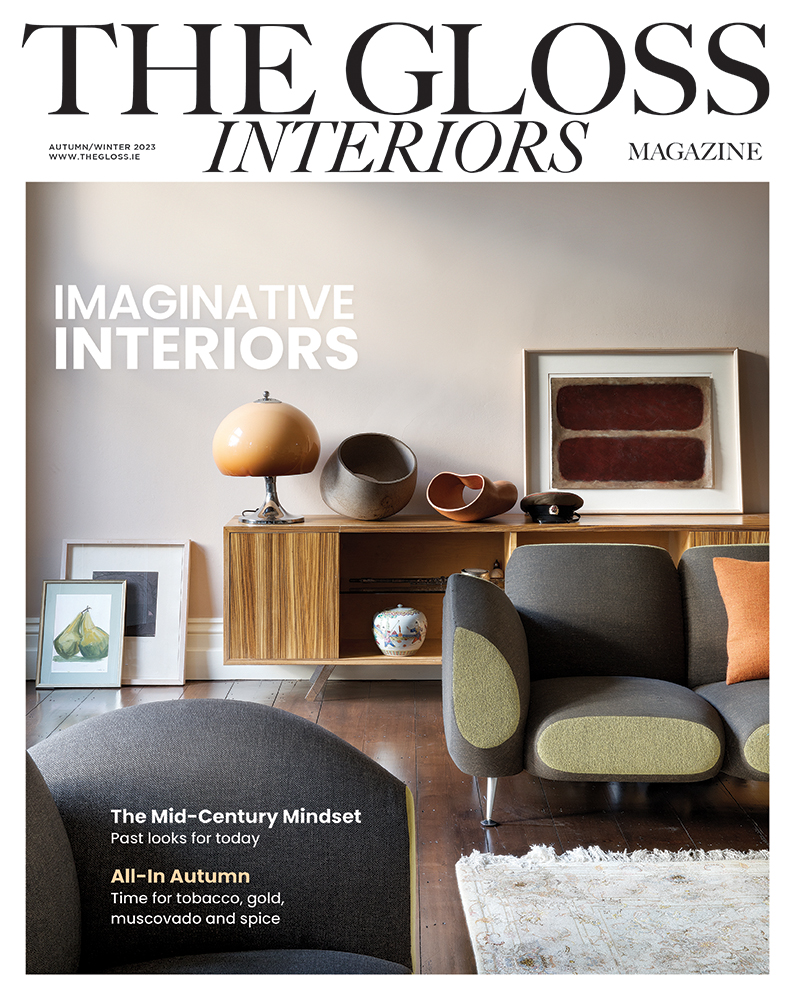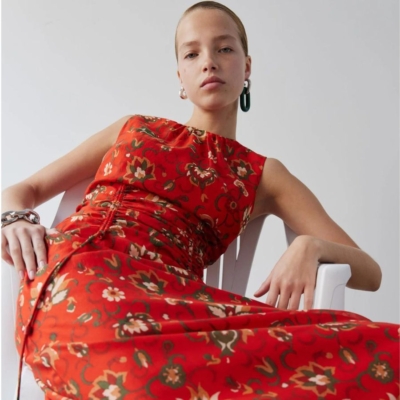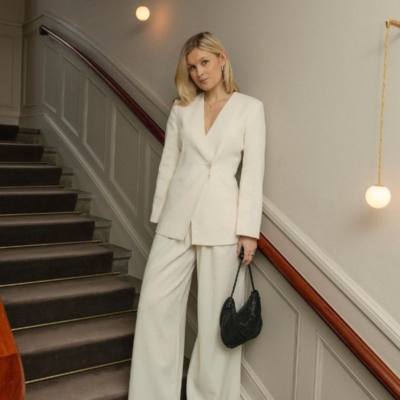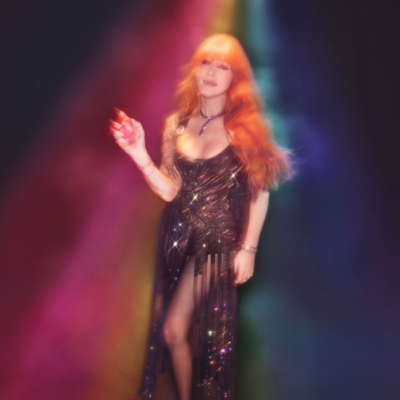Anna Hogeland’s debut novel The Long Answer unravels the intimate dynamics of female friendship, sisterhood, motherhood and grief, and the ways in which women are bound together and pulled apart by their shared and contrasting experiences of pregnancy, miscarriage and infertility. In this piece, she describes her relief when she finally makes a Mom Friend …
When my daughter was three months old, I moved to a small town in the rural state of Vermont. I pushed the stroller up and down the same streets every day, looking for other mothers with babies of a similar age, and finding none. Though my daughter was far too young to play with the playground amenities, I took her there anyway, strapped in the carrier, with the sole hope of finding any caregiver with whom I might be able to have at least a small exchange.
I was desperately searching for the woman I wouldn’t meet for several months: Grace, my Mom Friend.
Before I had my daughter, Mom Friends sounded predetermined and inevitable: after a woman has a baby, she makes Mom Friends. My mother was still in touch with a few of her own Mom Friends, whom she met in antenatal class. My older sister, who lives too far away to double as a Mom Friend, began to refer to her Mom Friends after she had her first baby as a separate category than her College Friends or her Friends from Back Home. I don’t know how she met them – these women seemed to simply appear in her life alongside the baby.
“Don’t worry,” I remember my sister saying when I was pregnant, “you’ll make Mom Friends who can help you out.”
Even then, it seemed odd to me that one would seek out another person simply because they were also pregnant or had a child around a similar time. Mothers were just women who happened to have children; if we weren’t connected in some way without children, why would we be connected with them? Was the whole archetype of a Mom Friend somewhat essentialist, suggesting all mothers are alike, while also not accounting for all other kinds of parental figures with whom I could have more in common? But soon after giving birth, I longed for this kind of relationship, a friendship with another new mother, one who had also experienced pregnancy and childbirth in pandemic times.
I met Grace in the winter, a particularly cold season that year, walking in the neighbourhood where I always walked. She was pushing a stroller up ahead, and moved onto the snowy sidewalk to let me pass by before I could do the same for her. Grace asked the first question all parents ask, the one I’d been waiting to hear, the invitation to engage I hadn’t yet received: “How old?”
Her daughter Esther was almost one year old – her birthday was in early March – about four months older than my daughter. “So you gave birth at the very beginning of the pandemic,” I said, and she said yes, it was so strange, I went into the hospital pregnant, with the world one way, and when I came out, I had a baby and everything else was changed, too.
We spoke on the sidewalk until it was too cold to stand still for any longer, and our babies were squealing to keep moving. Before we parted, we exchanged numbers, and for several weeks we texted articles and podcast episodes to each other, more than a few on maternal rage and the childcare crisis. Once it was spring, we met at a nearby walking trail every week and carried our babies up the mountain on our backs. I wanted to hear everything she had to say, and she seemed interested in me, too – we extended our hikes and our babies – now toddlers – grew heavier; by the end of the season, my legs were stronger than they’d ever been.
At the time, I was the only one of my close friends with a child, and after I became a mother I didn’t know how to talk to them; they didn’t know how to talk to me, either. I was on one planet now, a planet in which nothing existed besides breastmilk and baby, and they lived on the other planet, the planet of all else. There was only so much they could hear about my monochrome days, and, in those first months, I could speak of nothing else. Likewise, as my friends talked about going out to eat, hooking up with people they shouldn’t be hooking up with, reading books, going to museums and sleeping until noon, I could hardly imagine any of it. I could hardly imagine I had once done such things, and such a short time ago.
Grace and I lived on the same planet. We spoke about our babies, conversations that would have instantly bored my well-intentioned friends, talking about sleep training, and weaning off breastfeeding. There were many other topics we discussed, too – she was also a psychotherapist, and a reader of fiction, and our family structures had much in common — though even when we weren’t talking about our babies and motherhood, I felt in everything she said, I know how it is, I feel you, this is not an easy time.
While I am so grateful to have found Grace, and for the handful of Mom Friends I’ve met pushing strollers since then, I feel perplexed by my need for her, and, the more I think it over – angry. The idea of a Mom Friend is novel, relatively, as new mothers were not so isolated in more collectivistic cultures and in more collectivistic times. It seems as though the opportunity, if not the expectation, for women to return to work after they give birth, has needlessly come at the cost of providing them with the support to do so.
In the postpartum months, I felt, more acutely than any other time in my life, how true it was that the systems in place were not designed by us, women and mothers, or for us – far from it. In the absence of infrastructure, formal or informal, to hold mothers as we fulfil the obligation to our children we are pressured to fulfil, the Mom Friend becomes essential to the survival of the mother’s sanity.
The other day, I texted Grace that I was going to the playground, she said she’d meet me there; then Esther threw a long tantrum about putting on her boots, and by the time they arrived, my daughter was tired and cranky, ready for a nap. We were only able to spend five minutes together, most of it with my daughter crying and pulling on my shirt. I was near tears myself, and I told Grace I’m so sorry, I wanted to be here longer, but I have to get back. I wanted to know how she was doing, and Esther, and give the girls some time to play together.
“It’s okay,” Grace said, “I get it, believe me.”
Each time she said it, I felt my blood pressure fall, a little. Grace couldn’t fix
anything, and I couldn’t, either – the origins of our current stressors were too abstract and systematic, and also too intimate and personal, but she gave me what she could, and in that moment, there was nothing else I needed.
“I get how hard it is,” she said, watching my daughter crumple on the grass in her fit. “I get it, I get it, I totally, totally get it.”
Anna Hogeland’s The Long Answer (€19.99) published by Serpent’s Tail, is out August 19.









